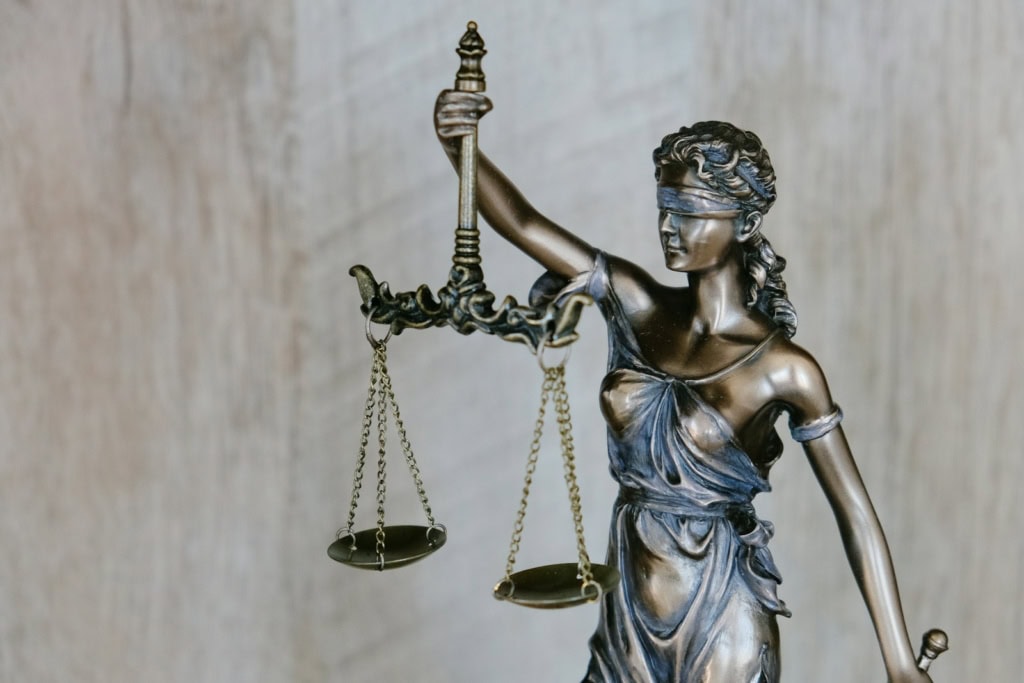Personal injury lawyers help injured people rebuild after someone else’s carelessness upends their life. If you have been in a motorcycle accident recently, a seasoned Lubbock motorcycle accident attorney can step in now to protect your rights, steady the process, and keep your recovery on track.
In Lubbock, you can’t ignore the realities of the road: fast merges along Loop 289, game-day congestion near Texas Tech, sudden dust and wind on the South Plains, and heavy farm and oilfield traffic on US-62/82 are just some examples. Such conditions make crashes common here. While finding the right advocate who understands local routes, typical crash patterns, and West Texas juries can help fight for fair compensation, here are some things you must also do.
Prioritize Your Safety
Before anything else, ensuring your safety should be the top priority. If possible, move to a safe location away from traffic. Call a doctor to check you immediately. Don’t ignore that small bump; it could cause issues later. It’s always wise to consult a healthcare professional to ensure nothing is overlooked.
Contact Emergency Services
Once you are in a safe zone, contact the authorities. Logging the incident puts it on an official record, which might matter later. You need officers there. They quickly get the situation under control and start gathering all the crucial details.
Gather Information
Collecting details is also crucial. Get contact details from everyone there. This means the drivers, any passengers, and people who witnessed it. Note the make, model, and license plate numbers of vehicles involved. Photograph the incident location. Clearly show vehicle placement, the specific damage sustained, and any other important details present. This information? It’s gold.
Speak with Witnesses
If there are witnesses, gather their accounts of what they saw during the entire incident. They also narrate the story without taking sides. Make sure to record their contact information, as their statements may be needed later.
Seek Legal Advice
Consulting a legal professional can provide guidance specific to the situation. You’ll learn exactly what you’re allowed to do, what duties you have, and the choices available for your path forward. Many legal experts offer initial consultations at no cost, making it easier to understand available options.
Avoid Admitting Fault
In the aftermath of an accident, emotions run high. Keep a calm demeanor and avoid any admission of liability, whether spoken or written, as such statements can compromise your position. Legal responsibility is determined based on evidence, and statements made at the scene can influence proceedings.
Notify Your Insurance Provider
Informing the insurance company promptly is essential. Provide them with all the gathered information. They’ll walk you through filing your claim. Plus, they’ll spell out exactly what’s covered. When you describe what happened, give us the whole truth.
Maintain Medical Records
Medical treatment is necessary, so make sure to keep detailed records. Your doctor visits, treatments, prescriptions, and any other costs are covered. These records prove your payment request or show why you need something covered.
Consider Filing a Claim
Based on the circumstances, filing a claim for damages might be necessary. You won’t have to stress over huge doctor bills or unexpected repair costs; this helps with those. A good lawyer will figure out if your claim has a real shot. Then, they’ll walk you through every single step of getting it resolved.
Understand Time Limits
Every region has specific time limits for taking legal action. What you find here can differ greatly, impacting your chances of getting paid. Keep these deadlines in mind. You don’t want to lose out on what’s rightfully yours.
Keep Communication Records
Documenting all communications related to the accident can be beneficial. You’ll be talking with insurance company folks, your legal team, and anyone with a stake. Imagine trying to recall a past conversation or a project detail. If your records are clear, you instantly avoid forgetting anything important or having someone misread the situation.
Address Emotional Impacts
Being involved in a crash can have emotional consequences. It truly matters to identify these emotions and deal with them. Leaning on friends, family, or even a counselor can help you heal and feel better emotionally.
Prepare for Future Rides
Once the immediate concerns are addressed, it is important to remember what you should and shouldn’t do for future rides. Always give your motorcycle a good look. Make sure your helmet, jacket, and gloves are ready for action, too. Think about taking a quick driving course. It often helps drivers feel much surer on the streets.
Reflect on the Event
Thinking about past incidents always teaches you something new. Taking the time to process what went wrong and what you learnt from it prevents accidents in the future. Considering past events builds your ability to recover and plan.
Take Control of the Road Ahead
When an accident occurs, your immediate actions truly dictate how smoothly the aftermath unfolds. Staying safe and getting good legal advice makes the path to recovery much easier. Knowing what’s coming and practicing ahead helps riders handle any bumps in the road with calm certainty.





Leave a Reply